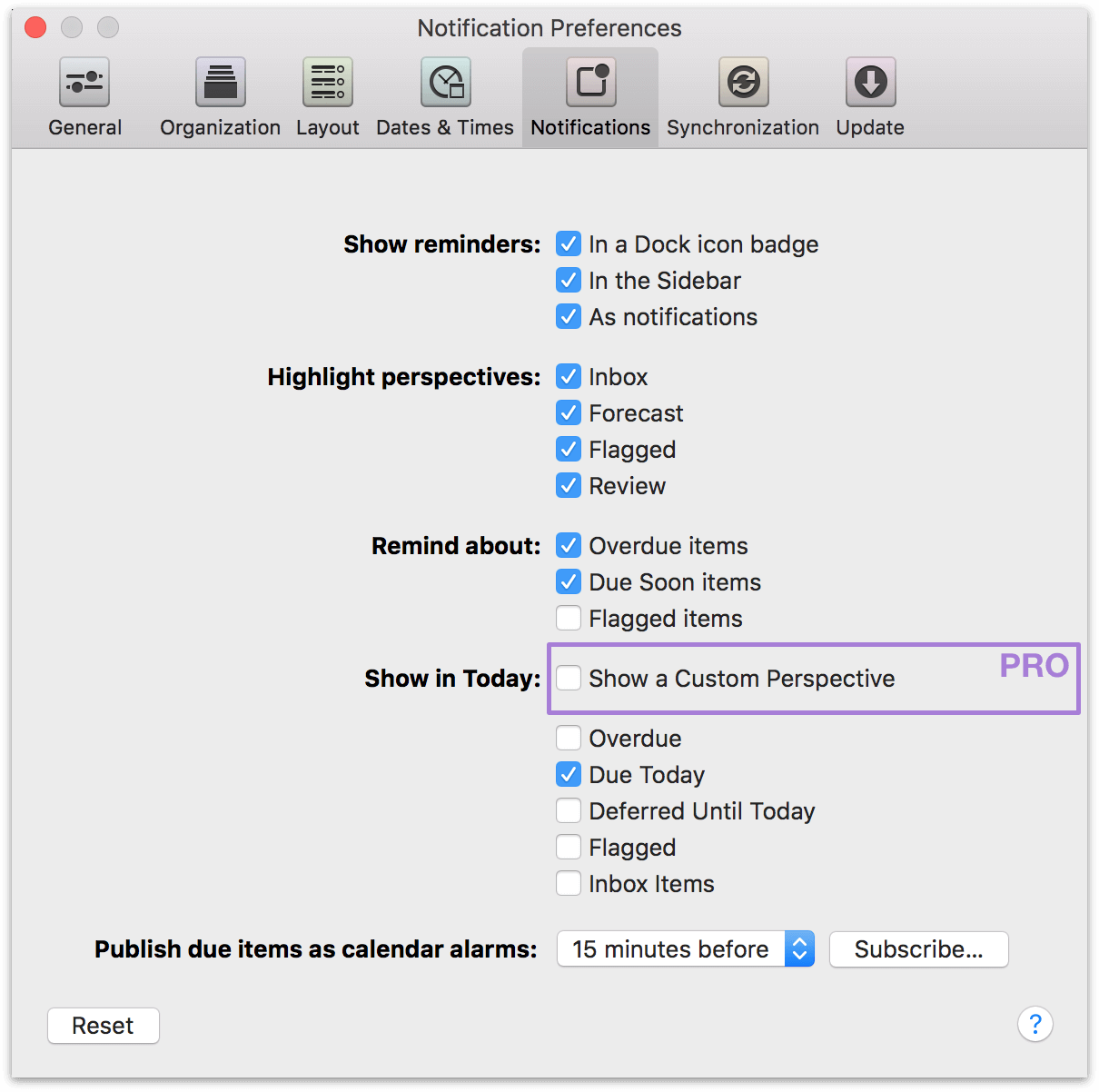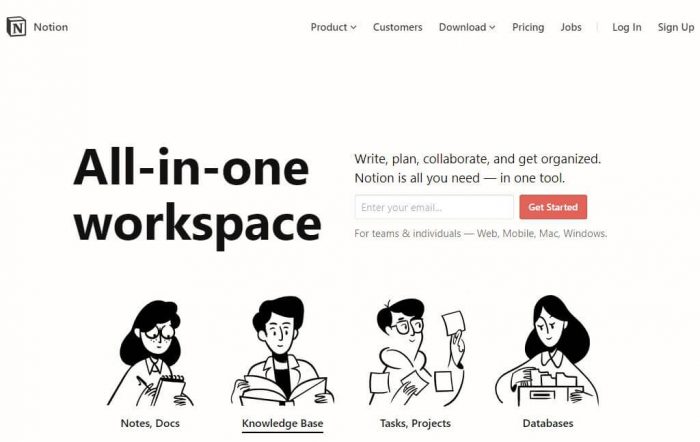
Beyond creating and editing projects in personal project management software like OmniFocus and Things, one needs to know how much time one has sunk into one’s projects. However, a major limitation of those apps is that they do not provide time tracking functions.
Another issue with OmniFocus stems from its over-commitment to David Allen’s book Getting Things Done. As popular and useful as the book is, its ideas were developed in the 1990s. The system deals with piles of paper and projects like cleaning one’s garage. Although many who write about the book have swallowed the claim hook, line and sinker, that Getting Things Done presents a knowledge work system, the fact is that it was clearly not designed specifically for the core functions of knowledge work —e.g., learning and creating new scientific knowledge. Where are the examples in that book about creating new theories, for instance? You will find them in the empty set. Naught. That book is instead a general productivity system. That is not a criticism of the book. It’s just a correction of its common misrepresentation in the blogosphere, and I am sad to say, in some books written by academics on productivity (as I have mentioned elsewhere on this site).
To understand my point it helps to read about knowledge work by cognitive scientists and philosophers. Cognitive science is, after all, quite concerned with the production and usage of personal and objective (public) knowledge. Philosophy of knowledge is one of the cognitive sciences. Essential readings on knowledge work include Karl Popper’s Objective Knowledge and Carl Bereiter’s Education and Mind in the Knowledge Age. My own Cognitive Productivity contains an AI-based extension of Popper’s seminal concepts.
- Moving all my productivity architecture to Notion caused me to stop (or almost stop) using these 4 apps: Omnifocus. Centralizing the core of my productivity system in just one software is quite a risky move, but.
- Notion is ranked 11th while Omnifocus is ranked 64th. The most important reason people chose Notion is: To-dos in Notion aren't just dot point lists. You can drag and drop them into columns just like Trello (Kanban style), you can have sub-tasks, and you can easily mark things off as completed so they are no longer in your way.
Thus, the notion of context presented in Getting Things Done is archaic and not particularly helpful for knowledge workers. More important than context for modern knowledge workers is the notion of activity. I have argued elsewhere on this web site (and in Cognitive Productivity) that OmniGroup could replace OmniFocus’s notion of context with the notion of activities.


Notion is ranked 11th while Omnifocus is ranked 64th. Chrome setup chromecast. The most important reason people chose Notion is: To-dos in Notion aren't just dot point lists. You can drag and drop them into columns just like Trello (Kanban style), you can have sub-tasks, and you can easily mark things off as completed so they are no longer in your way. Meet Notion, productivity's best-kept secret. You can now double-down on the most important parts of your life thanks to an app called Notion. Notion is part of the 'no-code' software movement, enabling non-technical (but smart 😉) folks like you and me to proactively combine all of our workflows into one unified platform. You read that right.
OmniFocus should, in addition, learn to automatically categorize actions. For example, if one of your tasks is to read a paper, OmniFocus should know that this is a reading action. One should not have to classify it as such. Then, OmniFocus should provide a way to filter activities by activity type. Some of the actions that matter most to knowledge workers are described in mySelfQuantifier. (As you would expect, writing, programming, debugging, and reading are important types of activities.)
Whereas OmniFocus does not directly support time-tracking, it has an extensive AppleScript dictionary which could be used by time-tracking software developers. Sanwa input devices driver. mySelfQuantifier could and I think should leverage it.
With the mySelfQuantifier time-tracking system and example workbook, I’ve tried to address these two OmniFocus gaps. With mySelfQuantifier, you can track the amount of time spent on particular projects and in particular activities.
Notion And Omnifocus

Notion Omnifocus Integration
I’ve recently published a collection of screencasts on the mySelfQuantifier time tracking system. The screencasts adds to thousands of words on the system, with more to follow. Enjoy.
Disclaimers
OmniGroup produces some of the best apps for MacOS®. I am a dedicated user of OmniFocus, OmniOutliner and OmniGraffle. I recommend these apps without hesitation. But every app can be improved. As noted above, OmniFocus has an AppleScript® dictionary. Thus self-quantification apps could integrate with OmniFocus.
mySelfQuantifier is not a complete solution to the problem of tracking one’s time, let alone all self-quantification. It is a free integrative collection of concepts backed by a sample workbook. See my next blog post on the future of self-quantification.
My comments about Getting Things Done are directed exclusively at the book Getting Things Done. I never comment on the brand that goes by that name; nor do I comment on the author of the book. My writing on the subject is for the purposes of advancing knowledge (scholarly purposes.)
